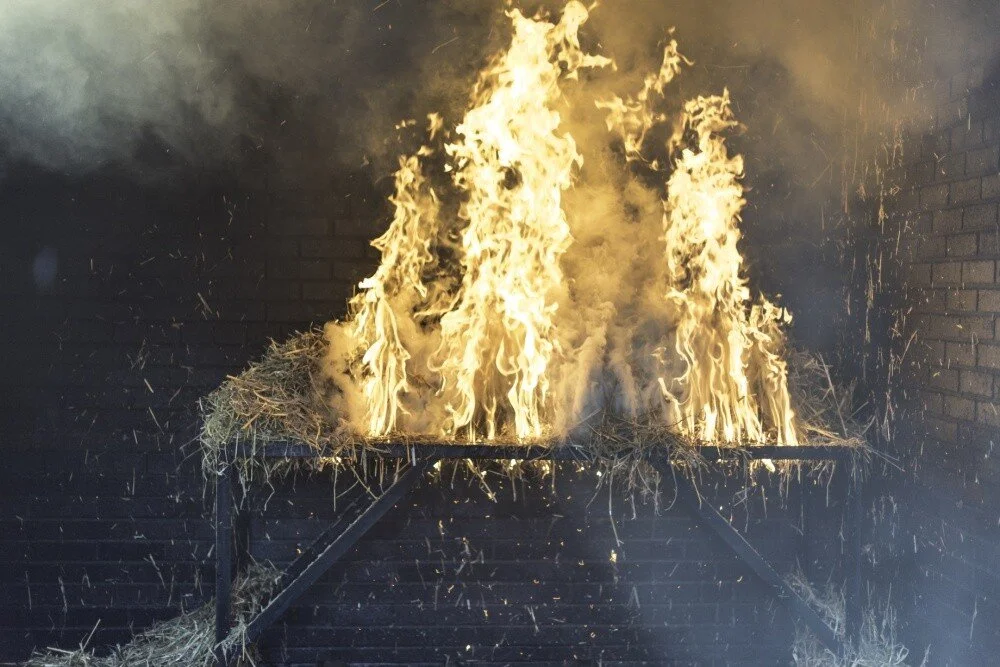The Most Dangerous Place to Be
The first time I picked up my very own guitar, I was about 10 years old. Prior to that, I had messed around on guitars at my school, or at my church. I would strum the strings, and randomly place my fingers in certain spots like I had seen on TV.
Every so often, I accidentally put my fingers in a common chord shape. I would strum the strings, and to my 10 year old ears, it actually vaguely sounded like music!
The first couple times that I did, a particular thought struck me: "This isn't too hard!"
I have a good chuckle at that thought as a lifelong guitarist, 26 years later, and having struggled through advanced jazz guitar classes at Berklee College of Music. It's harder than it's ever been.
This isn't too hard.
Our brains are wired for it.
Everything about the way we learn starts on that little reward boost of confidence that happens when we first get something.
And it's the most dangerous place to be.
Almost as quickly as the thought hits us, our brains have a little shift: We want that reward boost again.
But here's the catch...the next reward boost for actual increased skill gets a little harder to attain.
So what do we do? W̶e̶ ̶b̶e̶g̶i̶n̶ ̶t̶h̶e̶ ̶s̶l̶o̶w̶,̶ ̶s̶t̶e̶a̶d̶y̶ ̶w̶o̶r̶k̶ ̶o̶f̶ ̶g̶e̶t̶t̶i̶n̶g̶ ̶i̶n̶c̶r̶e̶a̶s̶e̶d̶ ̶s̶k̶i̶l̶l̶.̶ We try to get validation of our current skill from somewhere else.
The problem is that if we don't catch that little feedback loop early, we run the risk of thinking that we've learned all that we need to learn.
It is less fun to recognize that our initial confidence boost is just the first of myriad milestones on the journey to competency.
It requires a bit of intellectual sobriety...a willingness to constantly expose your current state of progress to people and ideas who bring your current understanding, both good and bad, to the forefront.
And, to be clear, I'm not advocating some kind of masochistic, joyless ethos here. Celebrating small milestones on the journey is perfectly fine.
But notice that clause: "on the journey".
Healthy celebration needs calibration. Healthy failure needs calibration too.
The goal is to try to be acutely aware of where you've been, where you are, and where you are going. No more. No less.
The goal isn't to short circuit all joy from the learning process, but to practice delayed gratification for the joy that deep competence brings to the table. It is a shift in where you accept your validation from.
And there is a massive side benefit: by being honest and measured about your skill in a domain, you establish a track record of reliability with colleagues. When you are able to recognize that something is in your domain of expertise, you own it. No need to be shy.
And when something is outside of your domain? You own it. No need to be shy.
Taking ownership of "I don't know" isn't a weakness, it's a strength.
So, take stock of the domains in which your brain may have inadvertently stopped at "this isn't too hard!"
Expose those domains to people that are farther down that path, and calibrate your sense of satisfaction to a rubric that helps you walk down the path farther.


